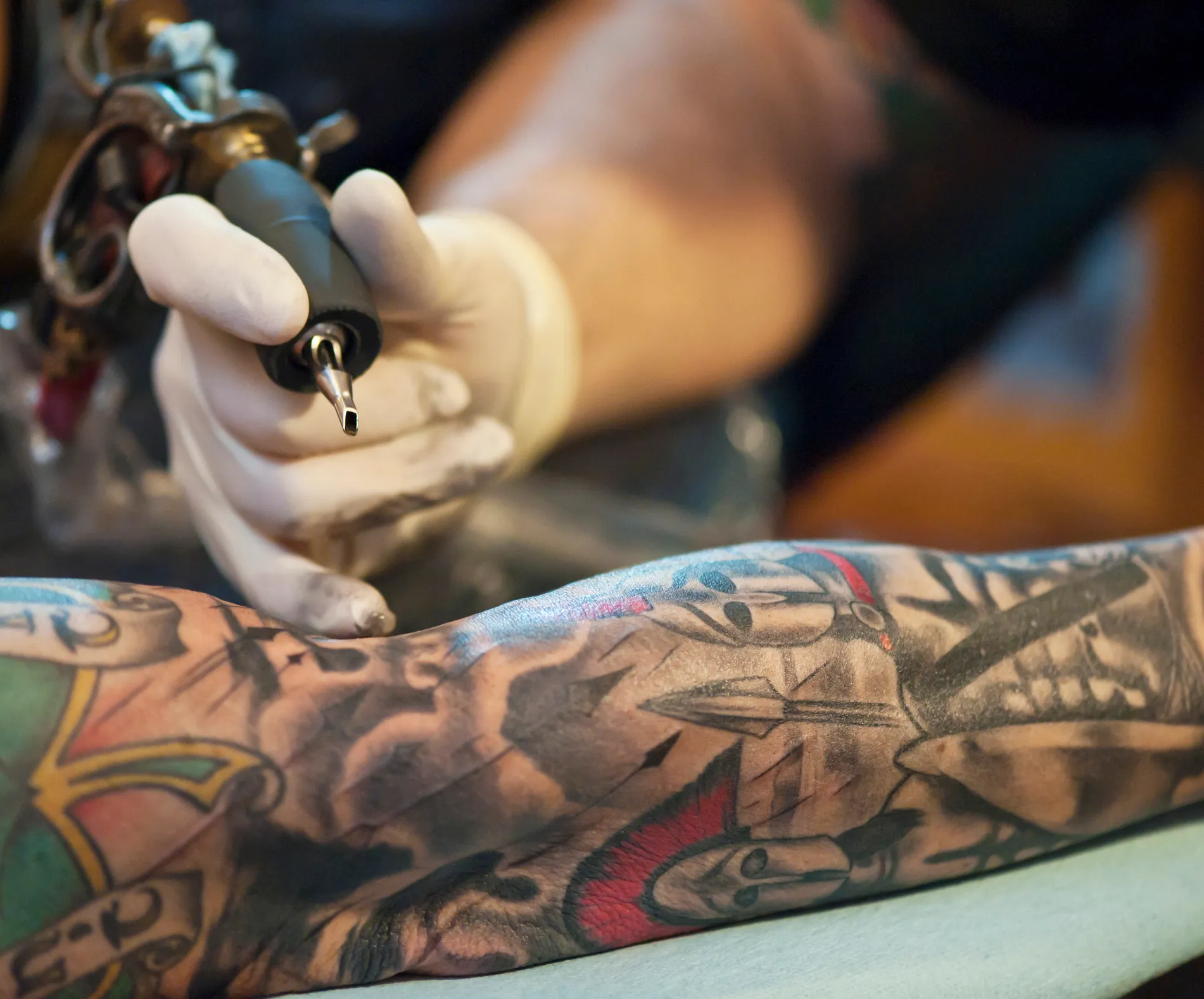Copyright © 2024 - Gearlabblog.com

Recent FDA Study Finds High Levels of Contamination in Tattoo Inks
Recent research from the U.S. Food and Drug Administration (FDA) has revealed that many tattoo and permanent makeup inks are contaminated with harmful bacteria. This contamination is a serious concern, as it can lead to infections and potentially life-threatening complications.
Key Findings from the FDA Study
The FDA tested 75 different inks from 14 manufacturers. The results showed that approximately 35% of these inks were contaminated with bacteria. Permanent makeup inks were found to be more likely contaminated than traditional tattoo inks. Surprisingly, half of the inks labeled as sterile were still found to contain bacteria.
Types of Bacteria Found
The FDA’s tests detected several types of bacteria in the inks:
Health Risks Associated with Contaminated Ink
Contaminated tattoo ink can pose serious health risks. Infections from tattoos can spread through the bloodstream or lymphatic system, potentially leading to severe conditions such as sepsis or endocarditis. Sepsis can progress rapidly and cause organ failure or death.
Increase in Tattoo-Related Infections
The FDA has noted a rise in tattoo-related infections in 2023. Contaminated inks could be a contributing factor, along with issues like non-sterile techniques used by some tattoo artists and inadequate aftercare.
Regulation and Safety Tips
Currently, tattoo and permanent makeup inks are not regulated by the FDA, though the agency issued draft guidelines in 2023 for manufacturers to help prevent contamination.
For those considering getting a tattoo, it’s important to ask studios about their safety practices. Ensure that:
Aftercare Recommendations
Proper aftercare is crucial to prevent infections:
Stay Informed and Safe
For more information on tattoo safety and to protect yourself from potential risks, consult resources from health experts and be proactive about the hygiene practices of your tattoo studio.
References: